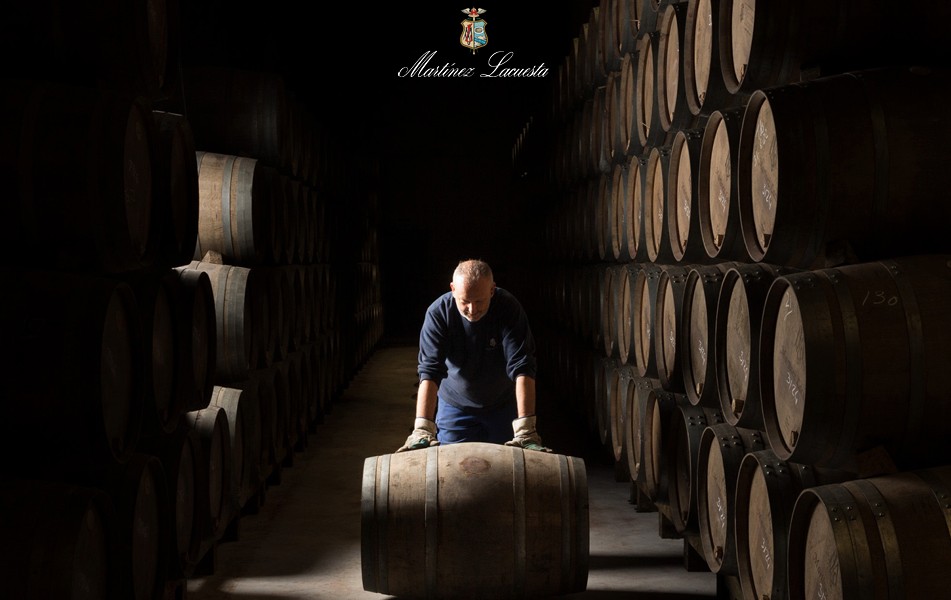Could pints hit £25 by 2040?
Despite inflation falling to 2% this week, there is concern that pints could hit a massive £25 within the next 15 years, according to an analysis of data.

The study of Office of National Statistics data from FruitySlots looked at rising costs in the last year, which have gone up by 11%, bringing the average price of a pint to £4.69 in the on-trade.
As a result, and to extrapolate this across the next 15 years to 2040, a pint could potentially reach £25.70 by this time. The research also warned that pub closures had increased to 80 a month in the first quarter of this year, which was an increase of 51%.
James Rosen, of FruitySlots, said: “The study provides insight into the costs faced by patrons today and potentially in the future.” Tom Porter, 44, of Berkhamstead, Herts, said he still found it amazing that some pubs charged over a fiver for a pint.
Partner Content
He said: “I’m only just getting my head round paying £5 for a pint. If it gets to a tenner that’s bad enough – I’ll certainly not be getting the rounds in – and if it gets to £25-a-pint I’m going teetotal.” Alex Probyn, president of property tax at Altus Group, said: “The fundamental issue for business is not necessarily the system but how much tax it actually generates.
“It is a tax that has risen 49% during the last 14 years with business, across all sectors, now paying £9.48 billion a year more than in 2010. Whilst the pledges are welcome to drive down bills permanently for the high street, business had hoped for more detail and a timeframe in achieving this.”
Emma McClarkin, chief executive of the British Beer and Pub Association (BBPA), added: “The pub closure figures for the first quarter of this year are a reflection of the continuing high costs of doing business, especially with factors like high energy costs and food and drink inflation remaining higher than the topline inflation rate.”
Related news
The Castel Group rocked by Succession-style family rift
Carlsberg boosts presence in China with restaurant guide tie-up




